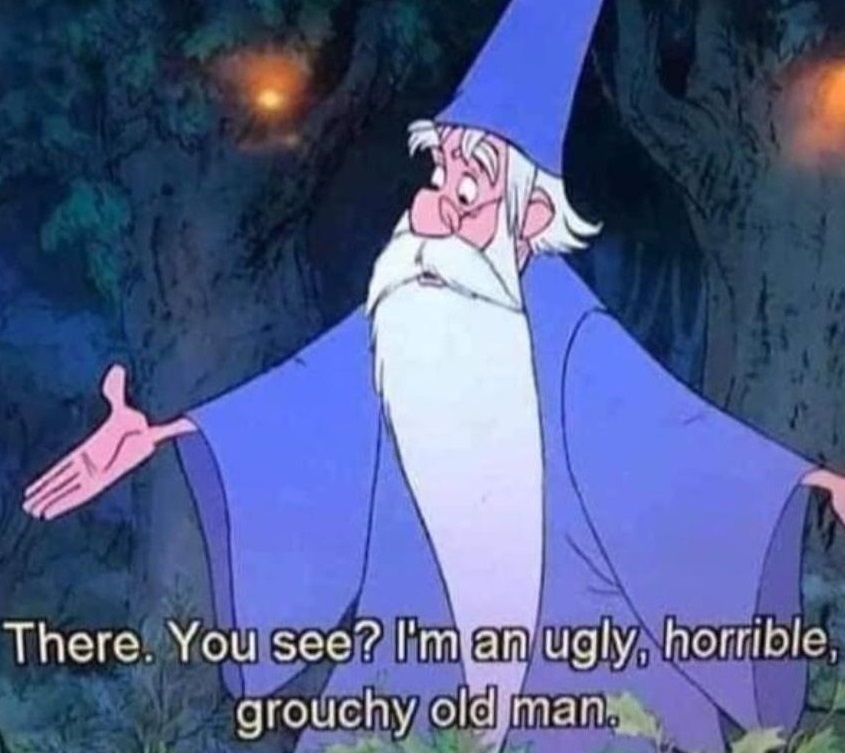I mean, that’s arguably incredibly conservative. “The old ways” and all that.
- 0 Posts
- 5 Comments

 5·1 year ago
5·1 year agoThank you, I think that helps parse out where I was unclear. There’s specifics in the language at play. It makes me wonder how often bad actors prevention of even small distinctions being discussed has made it muddier and harder for everyone else.

 11·1 year ago
11·1 year agoI guess my question’s always been that since gender is (to my incomplete understanding) a social construct and can change, and transgender people seek to change to a gender that feels more appropriate, how did you (a) know what felt right, (b) that what felt right wasn’t completely appropriate for your gender and the active definition of gender needed to change, and © where does chemical and surgical transition factor in for a gender based thing when attempting to find for comfortable self? Because that seems like a sex (in the clinical terminology) thing as much as a gender one (which of course there’s probably a connection, I guess I’m just not clear where the line really breaks.)
To be clear, I think my questions are entirely too “rationalizing a deep emotional and person thing” so I don’t really expect an answer, I’ve just never been invited to address the question to anyone before.
I mean, your argument is “we can’t ever be perfect so we should never even aspire to be good”, which is sortof putting the cart before the horse. That we can even recognize the distinction of not being special already places in a position where we can try and do a little better. What is better, how much, or how? What even is good or morality? All of those questions are at necessity to even define good, let alone become it. Before even glancing at perfect. Sure it might be an eternal inane treadmill, but just as fish have gills to breathe, we by chance of fate have the organs necessary to think. And that’s just as much in our nature. The fish doesn’t consider how long it has to swim, it just does it towards a target it can see/sense. By the same mechanism that means we aren’t special, why shouldn’t, why wouldn’t, we do the same thing? Just because what we can see/sense may be artificial, imagined, or drempt?


Respectfully, I can easily see a shared workplace at least encouraging screwing over customers. To me its an even more intense instance of the shareholder problem. Shareholders are obsessed with the money they’re getting back with no real work but the risk inherent in the bet they made. The workers are working, for a livelihood, and of course will want to improve their quality of life. They’re even more motivated to do so. And some of the best ways to do that, in the “make monkey brain happy” obvious short-term are the same policies the shareholders are already pushing. Will there be some pushback? Definitely, but you only have to sell a bunch of people on short-term easy money. And the lottery isn’t popular because people are smart about this stuff.